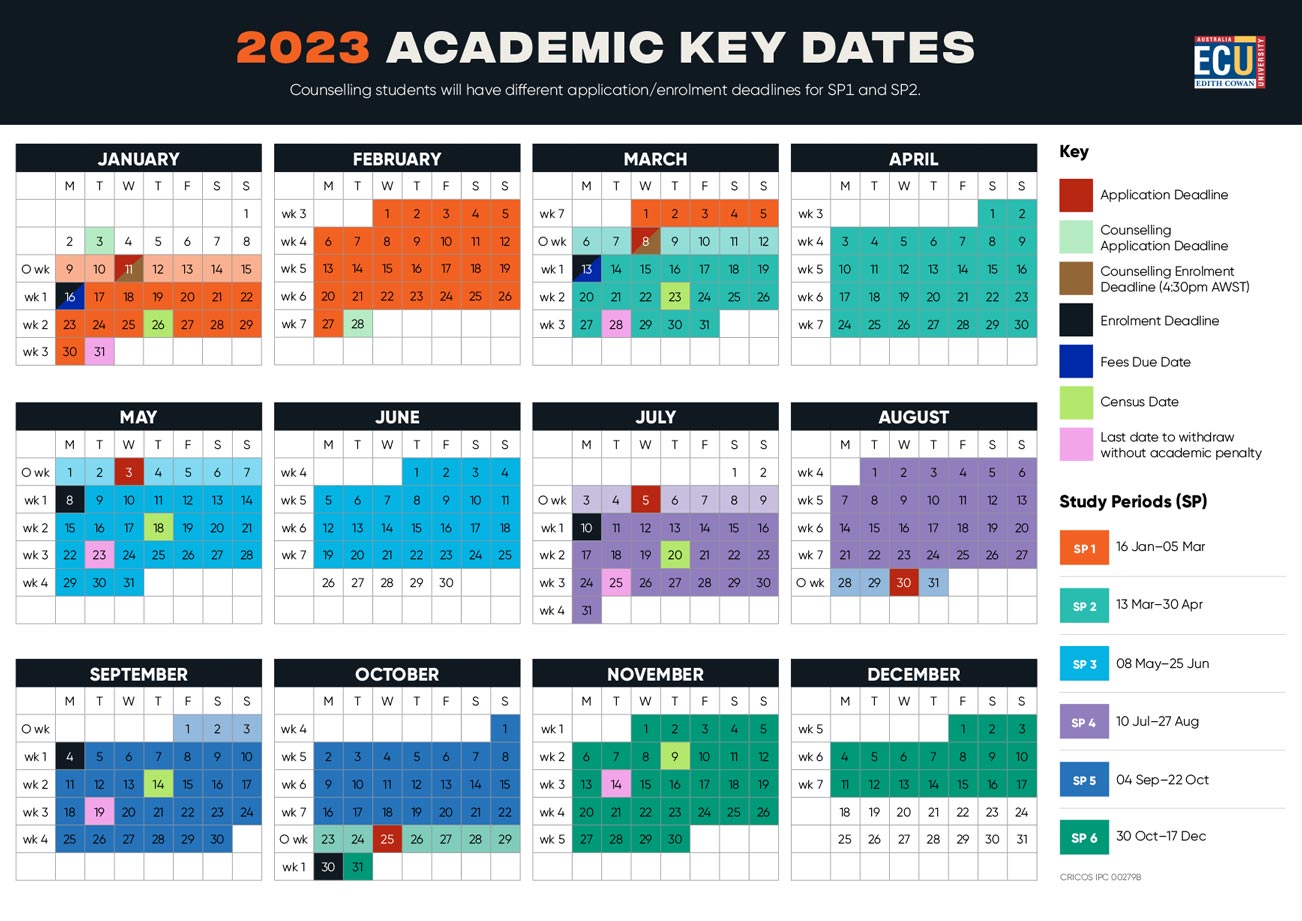Everyone learns differently
It can take time to find the best study method for you. Perhaps you’ll learn more effectively if you break out your study into bite-sized chunks rather than long sessions. You can also schedule your study during the times that are best for your brain, whether that’s early in the morning or in the evening.

Prepare and plan
Planning is a must, especially during busy weeks. A physical planner can help you to see everything at a glance. It is useful to bookmark essential resources and order your textbooks, web resources, and notebooks in advance, to make sure you are as prepared as possible before commencing. If you have textbooks, order them early and find time to log into the learning environment before the commencement of the study period to learn how everything works.
Tell your friends and family
Inform friends and family of your commitment to study. When you’ve told others of your goals, they can help motivate you, and it will also help you to say ‘no’ to the occasional social engagement, if necessary, to complete an assessment.

Take time out when you need it
Research suggests that regular breaks while studying could be the key to creativity and learning. Having downtime when you’re balancing many commitments is important because it can help you stay focused when you are studying. Whether it’s a walk, a chat with a friend or some exercise, take time out when you can to reset and recharge.
Reach out to your Student Success Advisor
You can reach out to your dedicated Student Success Advisor with questions or concerns via phone or email. Having regular contact with your success advisor can help keep you motivated. If you ever have a question they can’t answer, they’ll find the best person to help you. Remember, studying online doesn't mean studying alone.


Key dates
You can view the academic calendar by clicking on the below.
For more information on these dates, please contact one of our Student Enrolment Advisors.





